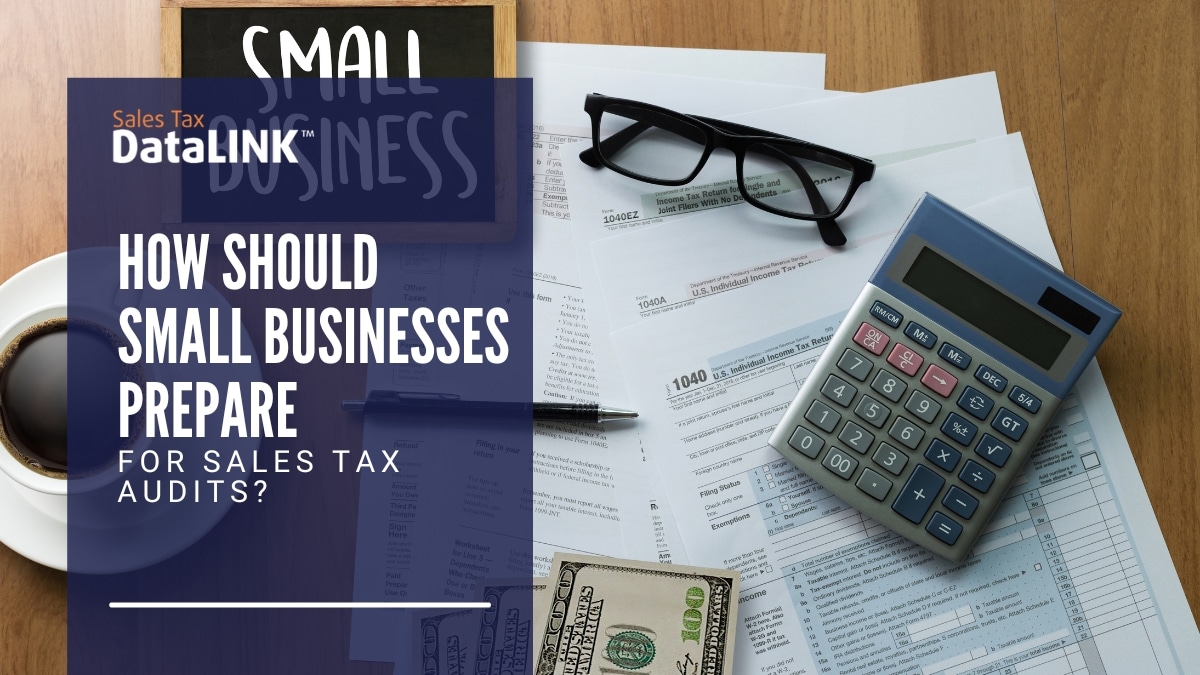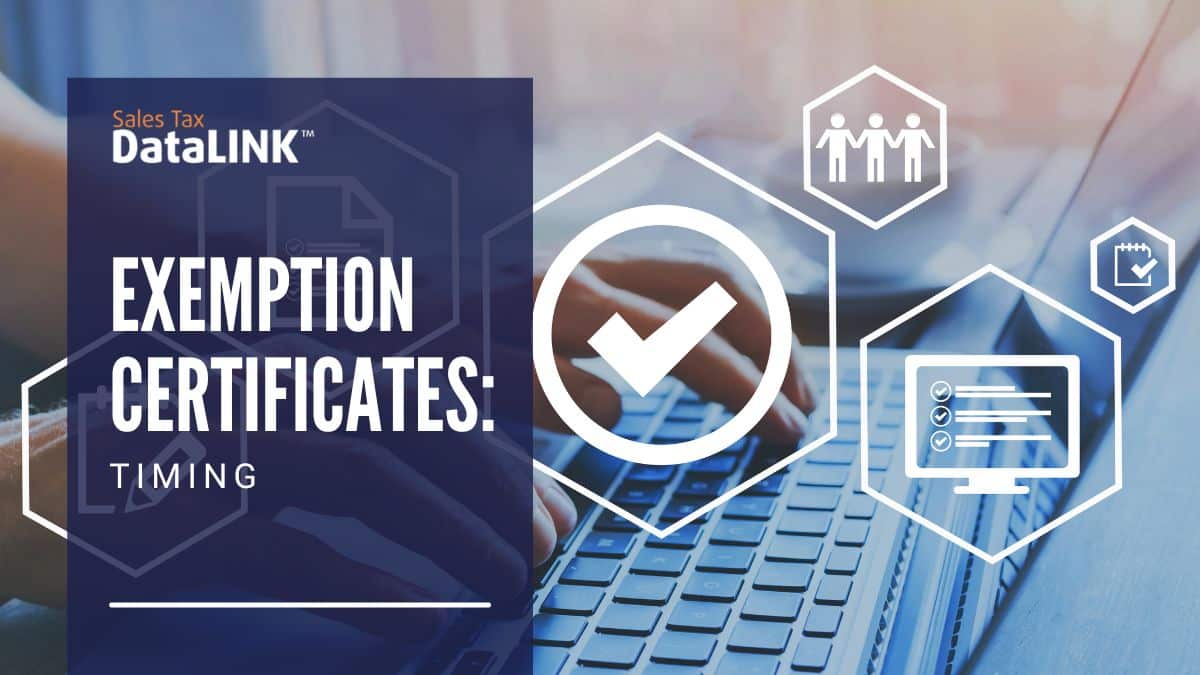What many small business owners don’t know is that major corporations keep money in sales tax liability accounts in case they’re audited. They keep capital on hand so they can deal with sales tax audits more easily and quickly—instead of paying the full amount auditors are demanding, they use their on-hand cash to negotiate the penalties down by being able to pay immediately. Small businesses, however, just don’t have the amount of capital on hand to use this tactic. So how can your business be better prepared for a sales tax audit? Auditors look for undocumented or poorly documented areas in your business. Instead of simply ignoring them for lack of sales tax paperwork, they estimate where the discrepancies are—in the end, this can be a lot more than your actual numbers.
The best way to defend against this as a small business owner is to keep impeccable records. There are different ways to organize information so it’s easiest to produce in the case of an audit too but the idea behind your documentation is that it leaves no room to question what has happened at your business. No room for estimates means you’ll only be audited on what your business actually did and not on what an auditor thinks you did. While audits are time-consuming and cost a lot of money, rushing an auditor will only permit them to make estimates rather than provide all the time they need with your documentation. If you push your auditor or don’t work towards meeting their requests in a thorough fashion, you’re leaving yourself open to an auditor deciding to estimate sales tax.
Being prepared with documentation will help you go through the process more smoothly and also make the auditor’s job easier. The easier it is for them, the easier it is for you. The best thing you can do for your small business to be prepared for sales tax audits, however, is to make sure your sales tax is in order in the first place. Auditors are in the business of making money for their tax jurisdiction so if they see all of your sales tax is correct, you’ll be far less likely to be on their list in the future. Be sure that your business is verifying all your invoices through automated software like ours, the taxability of items you sell is correctly used in your system, and that your business is charging what it should when it should.
Once you get your final amount, speak with your auditor and see if you can negotiate down your total amount due and ask questions about where documentation was lacking. If you can find holes in the audit, you can save yourself money. After all, auditors are only human, just like small business owners.




